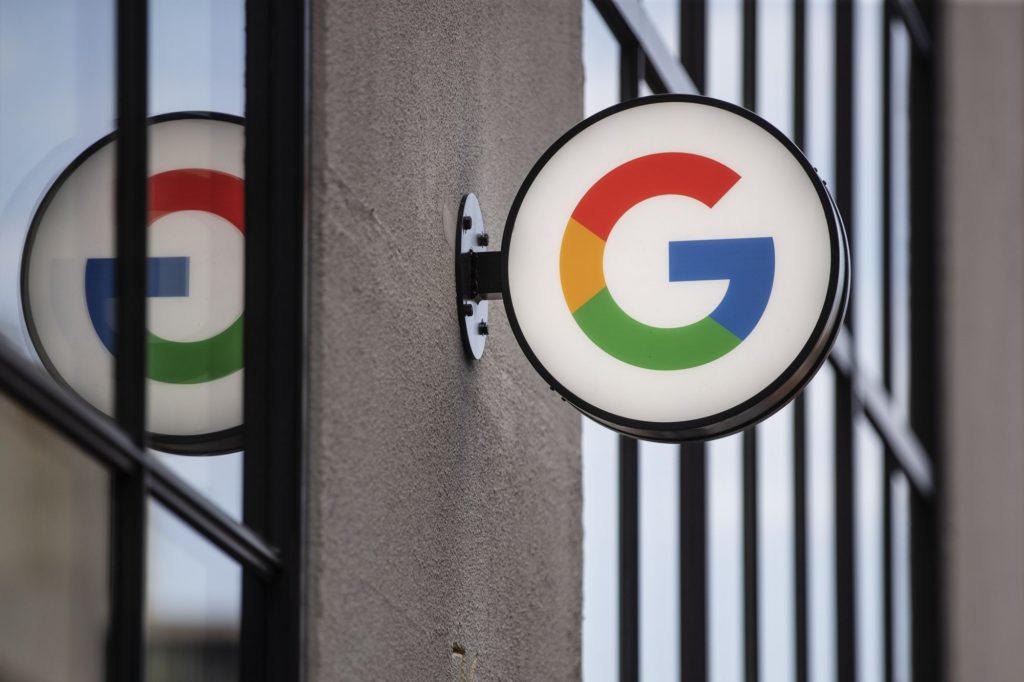(Bloomberg) — Snowflake Inc.’s finance chief defended enhancements to the software company’s products that are estimated to cost $97 million in lost revenue this year amid a plunge in the share price since the disclosure.
While Snowflake, which helps customers store and analyze corporate data, has made product changes in the past that reduced customers’ bills, the improvements announced with fiscal fourth-quarter earnings on March 2 have had the most significant impact.
Chief Financial Officer Michael Scarpelli argued Monday at an JMP Securities LLC conference that Snowflake has ample room to grow as more businesses seek to move traditional on-premises data warehouses from vendors like Teradata Corp. to the cloud. Those migrations, he said, could happen quicker if customers are able to do more with Snowflake’s product for less cost. The company charges customers based on how much they deploy the service versus the number of overall users.
Now, “many customers just move their most key workloads into Snowflake,” Scarpelli said. “As we become cheaper, they’re willing to move other stuff.”
Snowflake effectively charges customers for each second they use its platform to run a query, such as finding the amount of a day’s sales across all geographic regions. As software and hardware improves — including the move by Amazon.com Inc.’s cloud division to deploy new, custom chips — those queries can be done faster, ultimately lowering the amount of money users pay Snowflake.
Investors didn’t take the news lightly. The company, which had one of the largest U.S. initial public offerings in 2020, has seen its shares fall 27% to $193 since Wednesday, compared with a 4.2% drop in the S&P 500 Index. But analysts back Snowflake’s rationale. Over time, the product enhancements will “very likely become a net positive by stimulating more workload growth,” Mizuho Securities analysts wrote in a recent note.
Under pressure to defend the decision, Scarpelli took aim at Alphabet Inc.’s cloud division, which sells a rival product called BigQuery. Snowflake’s software has been available on Google Cloud since 2019, but the CFO said the cloud unit doesn’t “like to partner very well, especially if they feel threatened.” A Google spokesperson declined to comment on Scarpelli’s remarks.
Snowflake relies on cloud infrastructure from all the major providers — Microsoft Corp., Amazon and Google. For example, the software company has a contract to spend $1.2 billion with Amazon Web Services alone from August 2020 through July 2025, according to regulatory filings.
But Google Cloud is easily Snowflake’s least important cloud provider. Of the $1.2 billion it netted in co-sales with the cloud companies last year, none was from Google Cloud, executives told investors on a call after earnings. Google Cloud also has partnered closely with Snowflake rivals Teradata Corp. and Databricks Inc., although Amazon Web Services and Microsoft also have agreements with the Databricks.
“AWS will throw dollars to us to help get the deal so it doesn’t go to” Google Cloud, said Scarpelli, adding there were 300 deals where clients had a choice of Snowflake and BigQuery that Snowflake won. “All of those customers ended up in AWS or (Microsoft’s) Azure when they all could have been in Google” if Google had partnered with Snowflake, he said.
More stories like this are available on bloomberg.com
©2022 Bloomberg L.P.











